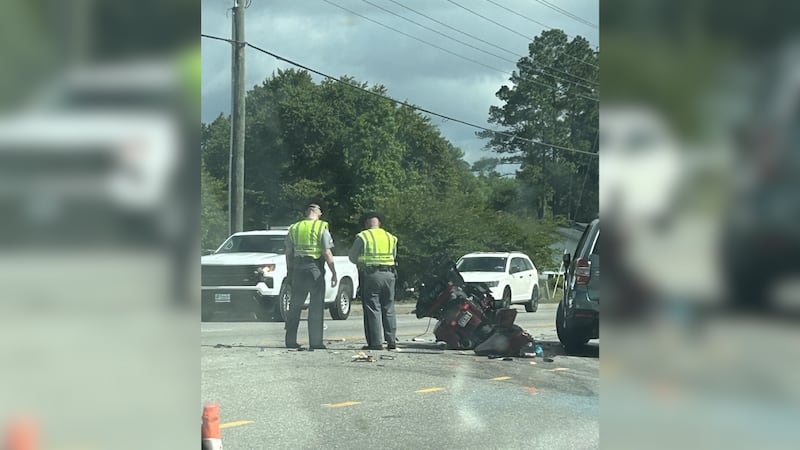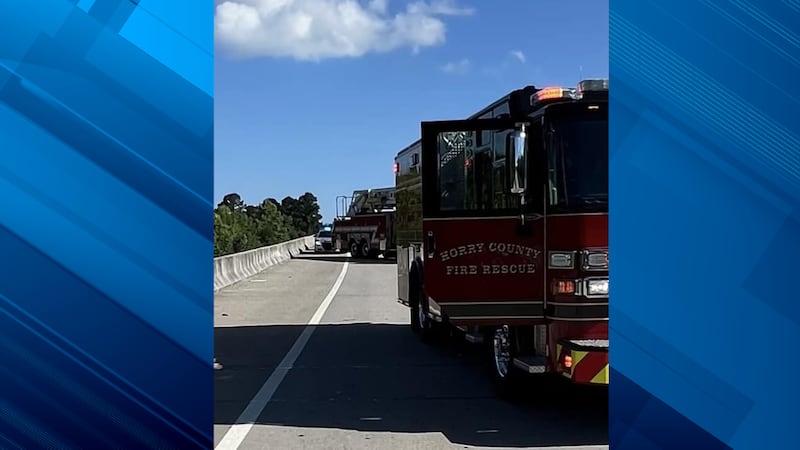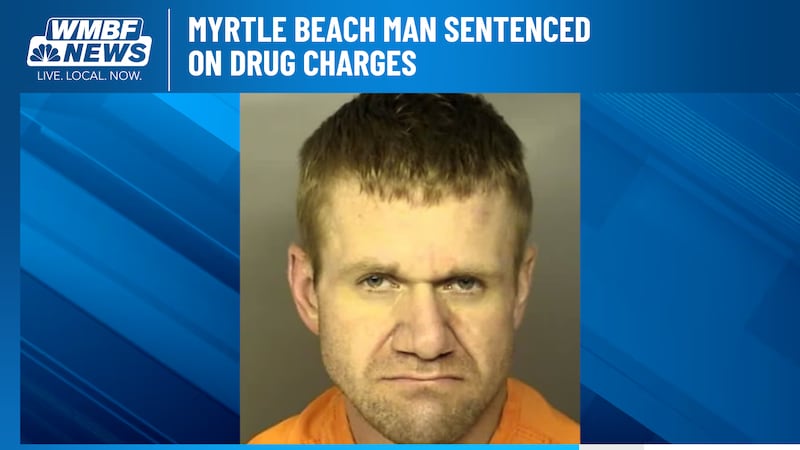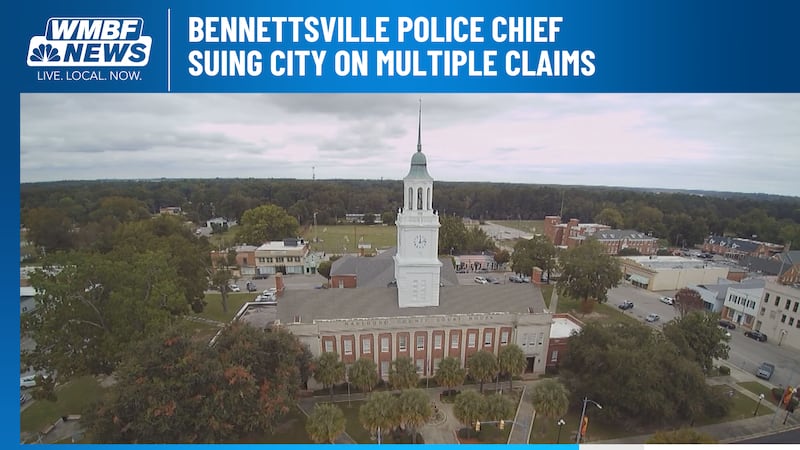WMBF INVESTIGATES: Survivors claim order of protection requirements impose challenges on safety
MYRTLE BEACH, S.C. (WMBF) - The number of orders of protection filed in Horry and Georgetown counties is increasing, but survivors of domestic violence worry even with a judge’s signature, their abusers will still find their way to them.
“Let’s say you do get an order of protection, you do all that and go through all the steps and everything. In the end, you’re not really protected, I feel,” a survivor told WMBF News. “By the time you call the cops, it takes them a while to get out, there’s no telling what happens within that 10 to 20-minute span of that time you call the police about somebody that’s not supposed to be around you.”
15th Circuit Assistant Solicitor Lauree Richardson said the court looks at a few things before issuing one of the two protections.
First, the court will look at the abuser and victim’s relationship and then determine if children are involved.
STORY CONTINUES BENEATH THE STORY
If they are, typically a family court judge will grant an order of protection. If there are no children, however, Richardson explained a judge often times will grant a restraining order.
“Your restraining order deals with, there’s no contact. You can’t show up at their place of business, their place of work, you can’t go to their home. With the orders of protection issued through family court, they have a little more teeth to them,” she said.
From 2022 to 2023, orders of protection increased by 31.5% in Horry and Georgetown counties.
Debby Debruyn, Executive Director for the Family Justice Center of Horry and Georgetown counties, stated lately they’re seeing more survivors opt for orders of protection. Deburyn also mentioned they’re on track to see a steady increase for 2024.
Richardson said both measures of protection require lengthy and specific requirements survivors can’t always meet.
South Carolina state law requires a survivor must first prove he or she was in a qualifying relationship with the other person.
The court says qualifiers include former or current spouses, co-parents as well as former or current homeowners.
A survivor must then prove physical harm, bodily injury, assault, or threat of physical or sexual harm.
On top of that, it takes 30 days before a judge will review it.
All in all, Richardson believes orders of protection make a difference when it comes to charges and even potential convictions.
“Get it. Even if you think the person’s not going to abide by it, get it,” she said. “If I pinch my spouse or I push my spouse, that’s a domestic violence third degree. That’s a magistrate-level offense. But, if we weren’t supposed to have contact and there was an order of protection, in place, well that increases it.”
Stay with WMBF News for updates.
Copyright 2024 WMBF. All rights reserved.








